SUMMARY
This is AI generated summarization, which may have errors. For context, always refer to the full article.
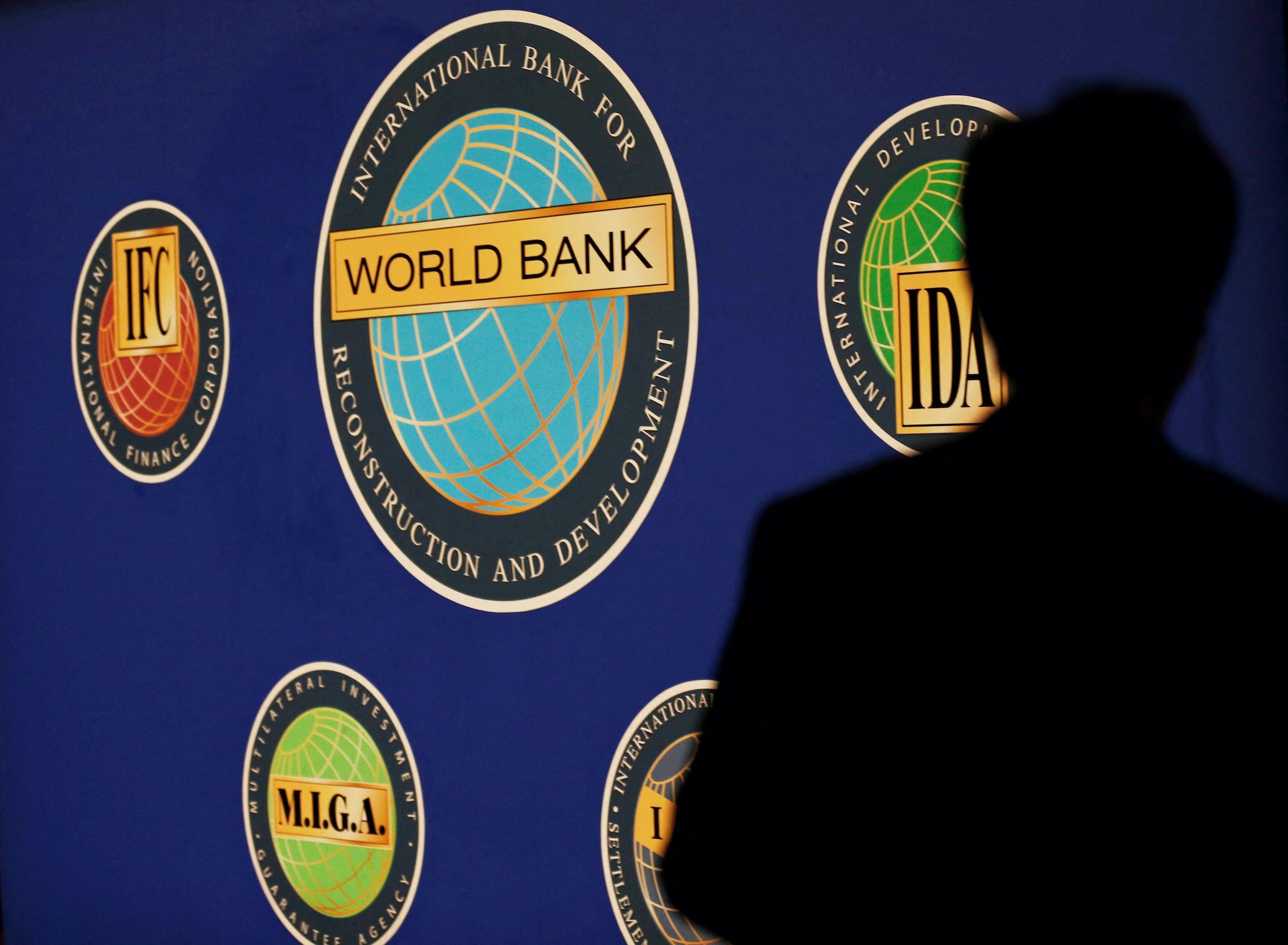
MANILA, Philippines – The World Bank said it would be “more than happy” to offer advice to the Philippine government on the best practices of sovereign wealth funds (SWFs), should the Marcos administration seek it.
World Bank senior economist Ralph van Doorn said this in response to a question during a media briefing on Tuesday, December 6.
“We haven’t seen the shape of the law, so it would be very difficult for us to comment on it, but at the moment, if the government is asking for advice on the best practices and the design of sovereign wealth funds, we would be more than happy to give such advice,” he said.
The World Bank has a program that provides advisory and management services to SWFs. For instance, the World Bank conducts stress-tests to make sure a fund can survive bad market conditions or swings in prices. It also offers advice on setting up a “governance structure with clear accountabilities” for the SWF.
“The World Bank has a lot of expertise in sovereign wealth funds, both of the kinds that have a big net resource base that they can use to invest, but also sovereign investment funds that basically try to attract more investment in the country, to channel investment into the country,” said Van Doorn.
Recently, lawmakers have pitched for the creation of a local sovereign wealth fund. The proposed Maharlika fund would gather P275 billion from government pension funds and banks, and the national budget for investments in capital-heavy national development projects and other assets. However, several concerned groups have raised alarms over its lack of safeguards and poor market timing. (READ: PCCI, major business groups: Not the right time for Maharlika fund)
Sovereign wealth funds may face several dangers according to the World Bank. In 2021, the World Bank released a paper looking into a proposal by the Mongolian government to establish a sovereign wealth fund that invested in domestic assets. In it, the international lender warned that while sovereign wealth funds may indeed aid in national development, they might also fall victim to corruption or political interference.
“Whereas some have made important contributions to economic development in their respective countries, sometimes leveraging natural resource revenues to finance large-scale projects that the private sector alone would not finance, others have served as channels for corruption and patronage, wasting scarce resources and empowering certain groups of elites at the expense of others or the general population,” the World Bank paper said.
Worsening global and local economies
The Maharlika Wealth Fund proposal also comes at a time of unstable economic conditions.
The World Bank’s Philippines Economic Update report forecasted a slow year ahead for the country and the world, in general. Inflation rates are also expected to rise even higher, and to peak in 2023.
“As you all know, high inflation is prevalent in almost all countries around the world, and that has to be one of the most rapid and internationally synchronous episodes of monetary policy tightening of the past five decades,” said Ndiamé Diop, World Bank country director for Brunei, Malaysia, Philippines, and Thailand.
“This has contributed to a significant worsening of global financial conditions, which in turn, is leading to a substantial drag on global activity,” he added in the media briefing.
Although the Philippines’ gross domestic product (GDP) growth outlook is expected to finish at 7.2% this year, the World Bank forecasted only a 5.7% growth in 2023. Adding to the slower growth is the problem of high and rising inflation.
“The bad news is that high domestic inflation is threatening household consumption. Rising interest rates could temper investments, and slow global growth could depress the export of demand-sensitive products such as electronics going forward,” Diop said.
Van Doorn added: “We see inflation will continue to rise. We expect inflation to peak in 2023. This is premised on the second-round effects. Not only has headline inflation increased through food and fuel prices, it has crept into core inflation,”
Within this context, several groups have expressed doubts about setting up a sovereign wealth fund right now. In a joint statement, 12 of the country’s top business and economic policy groups urged the government to prioritize getting the country’s fiscal deficit and national debt under control.
“Massive public spending has increased the fiscal deficit to 8% to 9% of GDP from only around 3% before the pandemic, and the national government debt has ballooned from 40% to 64% of GDP.… The existential priority of the government is the management of the fiscal deficit and the public debt in order to avoid a downgrade of the country’s credit rating,” the groups said.
Instead of setting up a sovereign wealth fund, the groups asked the government to “continue to implement existing initiatives to strengthen the areas of transportation, public health, education and infrastructure, especially digital and agriculture” as these could boost productivity and control inflation.
The World Bank had similarly suggested that the government focus on these sectors as it weathers the rocky global economic landscape.
“It is therefore important to maintain a sharp policy focus on health, education, and agriculture to reduce this jarring impact of the pandemic, especially among the poor and most vulnerable and to prevent temporary shocks to have more long-lasting impact,” Diop said in the media briefing. – Rappler.com
Add a comment
How does this make you feel?
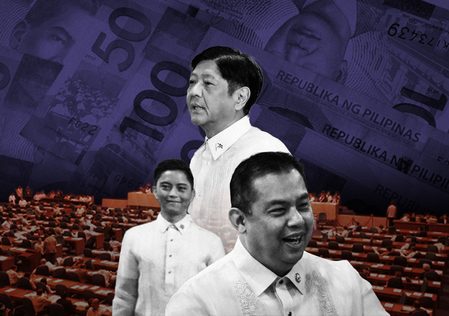
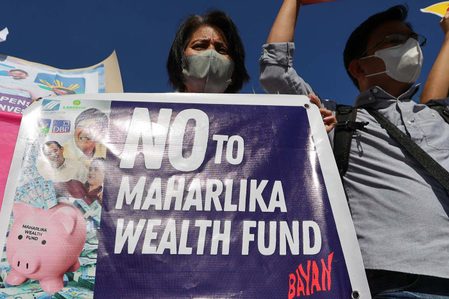

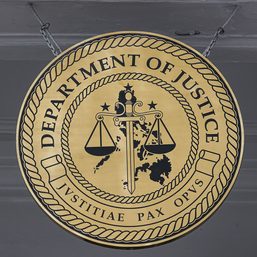
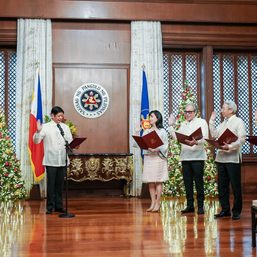
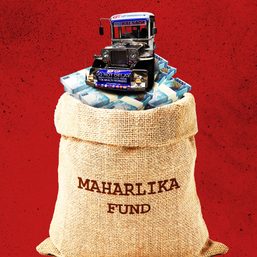
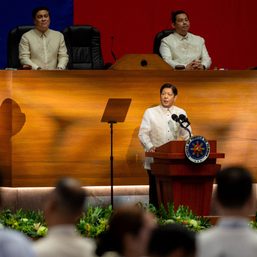
There are no comments yet. Add your comment to start the conversation.